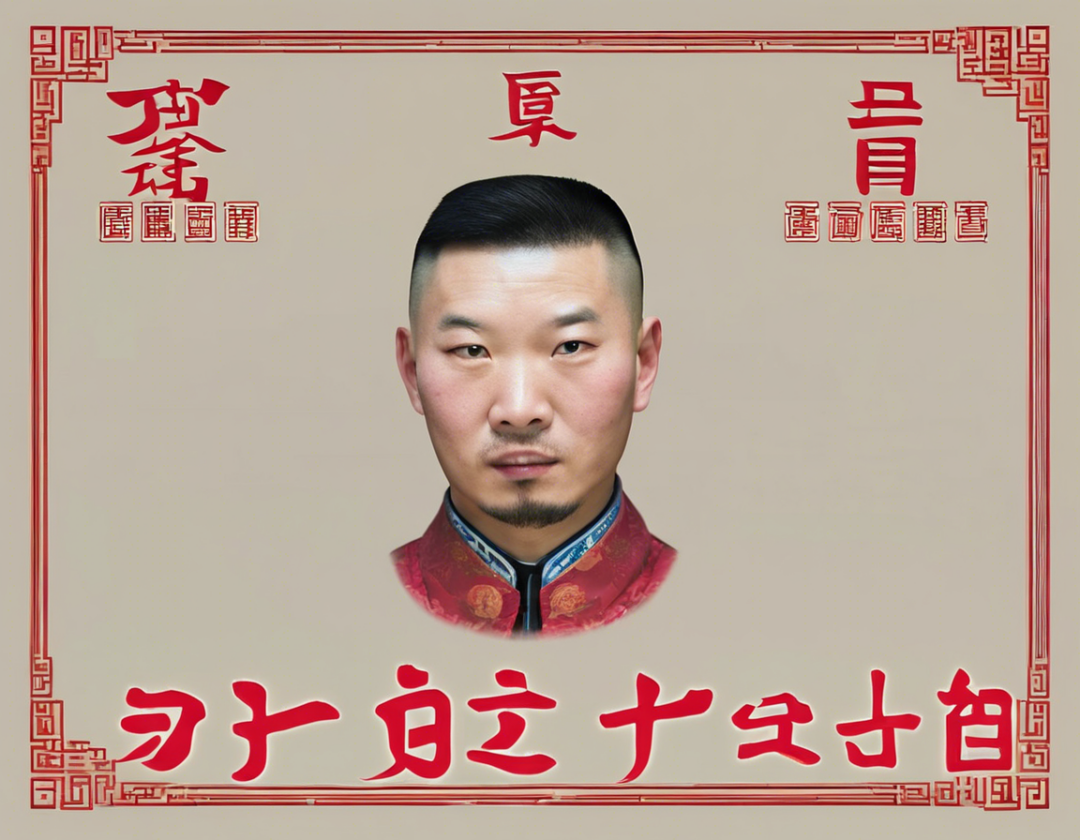Hilarious Chinese Name Fails!

Chinese names are known for their deep meanings, rich cultural significance, and beautiful characters. However, in today’s globalized world, sometimes the result of translating or transcribing Chinese names into English can lead to some unexpected and, at times, hilarious results. These Chinese name fails often happen when the characters are mistranslated or when the pronunciation is misunderstood. While it’s important to treat all names with respect and sensitivity, some of these instances can’t help but bring a smile to your face. Let’s explore some of the most hilarious Chinese name fails that have circulated online:
The Challenges of Translating Chinese Names
Chinese names are typically made up of two or three characters, each carrying its own meaning. When translating Chinese names into English, the challenge lies in finding the right balance between maintaining the original meaning and capturing the pronunciation accurately. Sometimes, the differences in linguistics and cultural contexts between Chinese and English can lead to unintended and funny results.
Lost in Translation: Funny Chinese Name Fails
1. Miss Steak
One of the classic examples of a Chinese name fail is the translation of the name “Wei R Shu.” When pronounced in Chinese, it sounds like “we are, sure.” However, when transliterated into English, it can be misinterpreted as “miss steak,” leading to some humorous reactions.
2. Hung Far Low
Another common Chinese name fail is the name “Hong Fulong.” While the correct pronunciation is far from the English interpretation, the result “hung far low” can definitely raise a few eyebrows and elicit a chuckle or two.
3. Smelly Head
The name “Chen Ni Tou” can be particularly tricky when it comes to translation. While in Chinese it means “to smell,” the literal English translation could be misinterpreted as “smelly head.” This is undoubtedly one of those instances where a little lost in translation leads to a lot of laughter.
Social Media Reactions and Memes
In the age of social media and viral content, these funny Chinese name fails have spread like wildfire, with memes and reactions adding to the amusement. People from around the world have shared these instances online, showcasing the humor that can arise from cultural differences and language complexities.
The Importance of Cultural Sensitivity
While it’s enjoyable to share and laugh at these hilarious Chinese name fails, it’s crucial to remember the importance of respecting individuals’ names and cultural backgrounds. Chinese names hold significant meaning to those who bear them, representing family heritage, personal beliefs, and aspirations. Therefore, when encountering Chinese name fails, it’s essential to approach them with lightheartedness and cultural understanding.
Cultural Exchange and Learning Opportunities
In many ways, these funny Chinese name fails serve as bridges for cultural exchange and learning. They highlight the nuances of language, the beauty of diverse naming traditions, and the humor that can arise from misunderstandings. Embracing these moments with an open mind can foster greater cross-cultural appreciation and awareness.
Tips for Navigating Cross-Cultural Communication
When encountering Chinese names or names from any culture different from your own, here are some tips to keep in mind:
-
Ask for clarification: If you’re unsure about the pronunciation or meaning of a name, don’t hesitate to ask the individual. They will appreciate your interest and respect for their name.
-
Learn about naming conventions: Take the time to understand the naming conventions and cultural significance of different names. This can deepen your appreciation for the diversity of naming practices worldwide.
-
Practice empathy: Remember that names are deeply personal and carry emotional weight for individuals. Approach name translations and interpretations with sensitivity and empathy.
Conclusion: Embracing Diversity and Humor
In conclusion, while Chinese name fails can bring a smile to our faces, it’s essential to approach them with respect, cultural sensitivity, and a sense of humor. These instances remind us of the beauty of linguistic diversity, the richness of naming traditions, and the joy that can come from cultural exchange. So, the next time you come across a funny Chinese name fail, remember to share a laugh, appreciate the uniqueness of names, and embrace the diversity that makes our world vibrant and colorful.
FAQs (Frequently Asked Questions)
1. Are these Chinese name fails disrespectful?
While some Chinese name fails can be humorous, it’s crucial to approach them with respect and cultural sensitivity. Names hold meaning and significance for individuals, so it’s essential to acknowledge that while finding humor in the situation.
2. How can I avoid making mistakes with Chinese names?
To avoid misunderstandings with Chinese names, it’s helpful to ask for clarification if you’re unsure about the pronunciation or meaning. Educating yourself about naming conventions and practicing empathy can also aid in navigating cross-cultural communication respectfully.
3. Why do Chinese names sometimes translate oddly into English?
The differences in linguistic structures and cultural contexts between Chinese and English can lead to odd translations of Chinese names. Pronunciations, tones, and characters that have multiple meanings can further complicate the translation process.
4. Can Chinese speakers find humor in name fails?
Just like people from any culture, Chinese speakers can find humor in name fails, especially when they showcase the playful side of language and cultural exchange. Sharing a laugh over these instances can be a way to celebrate diversity and linguistic quirks.
5. What can we learn from these Chinese name fails?
These Chinese name fails offer opportunities for cultural exchange, language appreciation, and cross-cultural learning. They highlight the importance of respectful communication, the beauty of diverse naming traditions, and the humor that can arise from linguistic misunderstandings.








